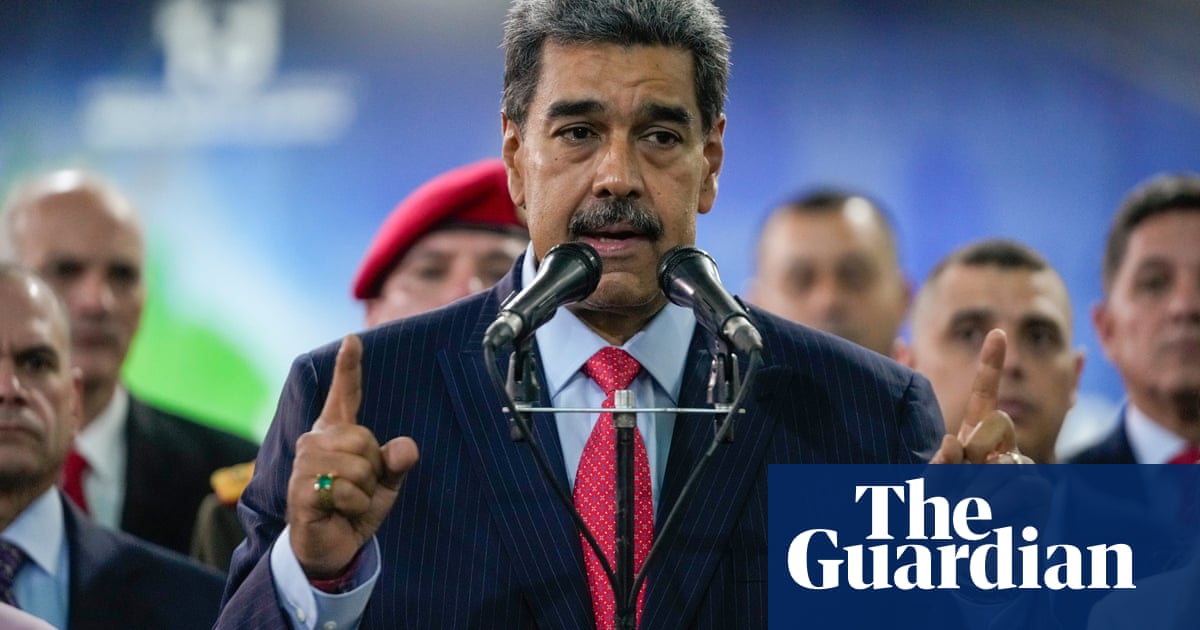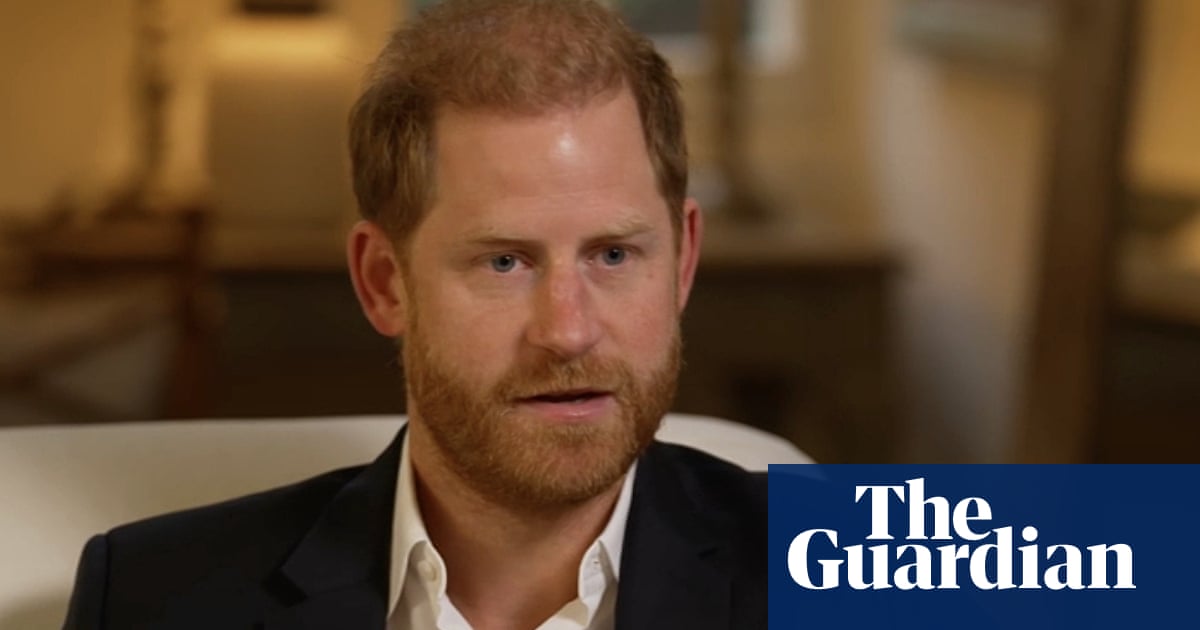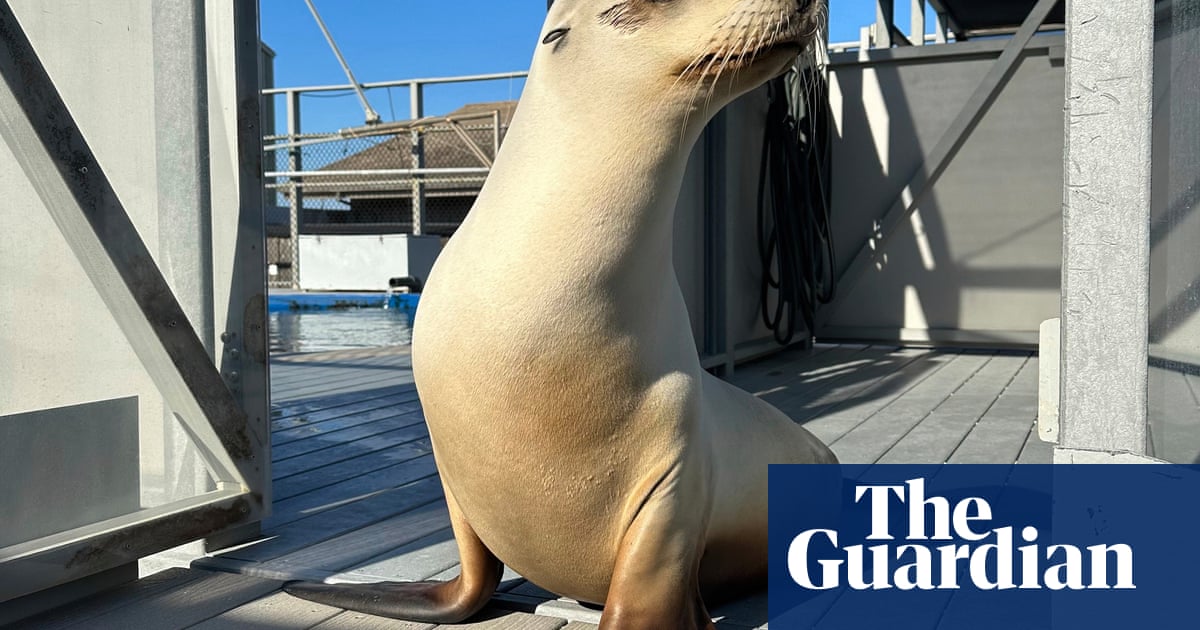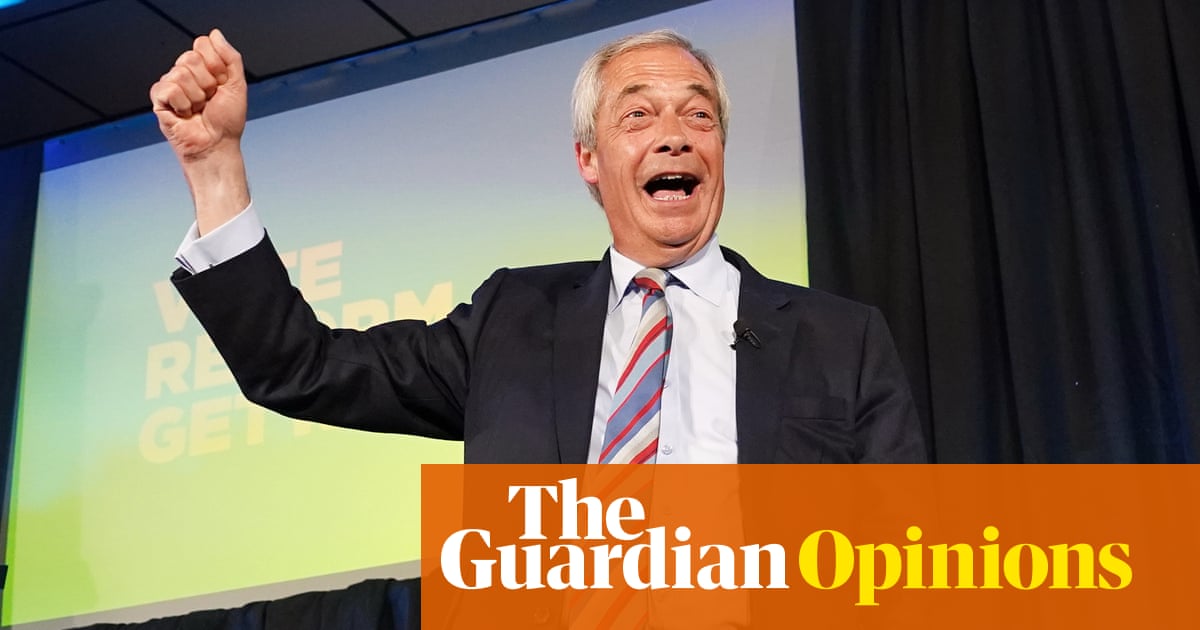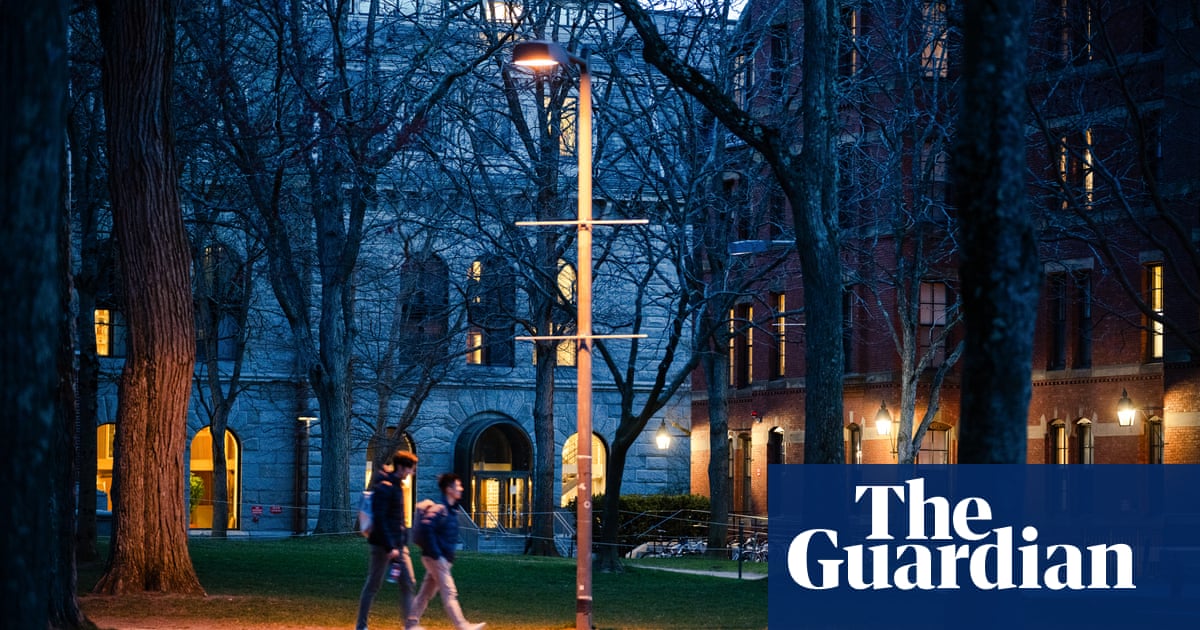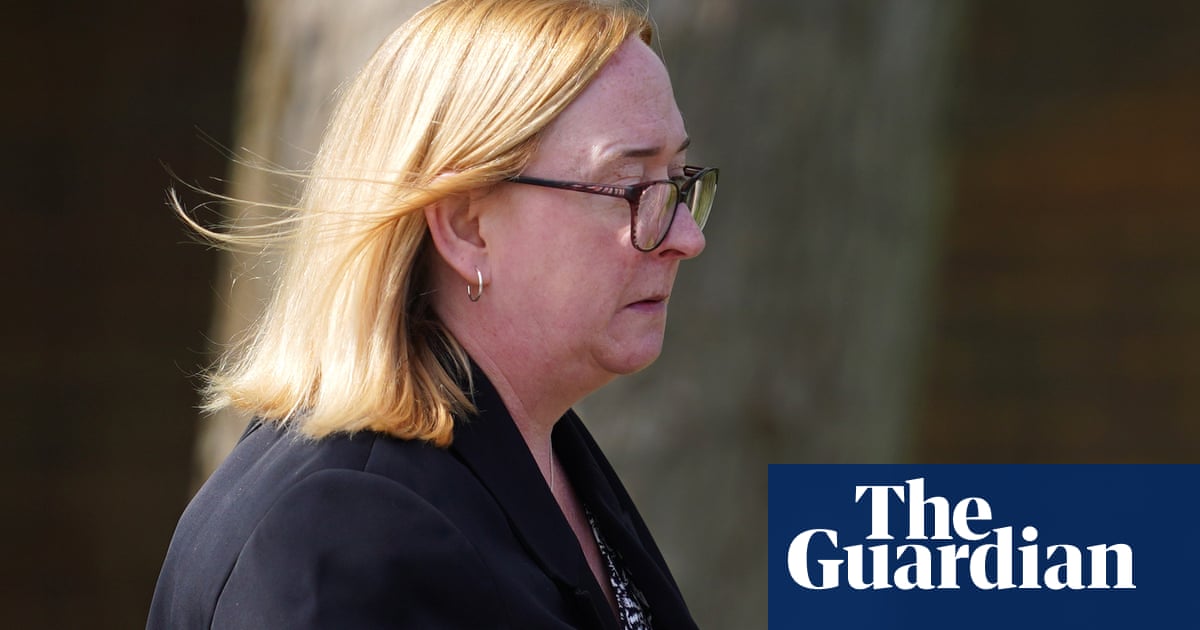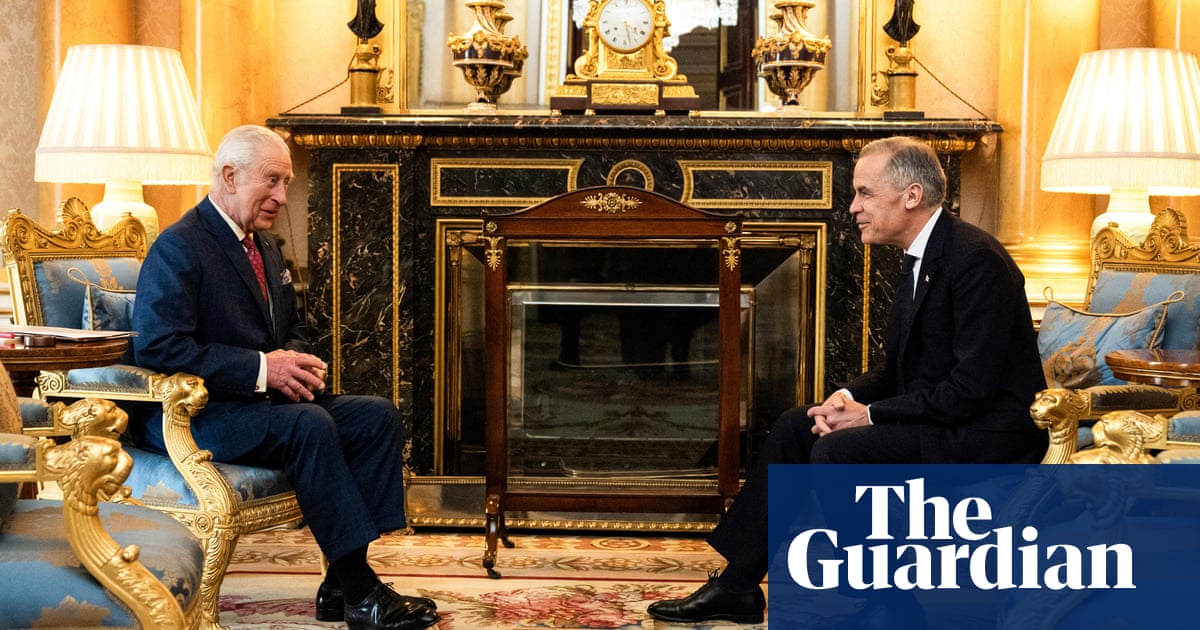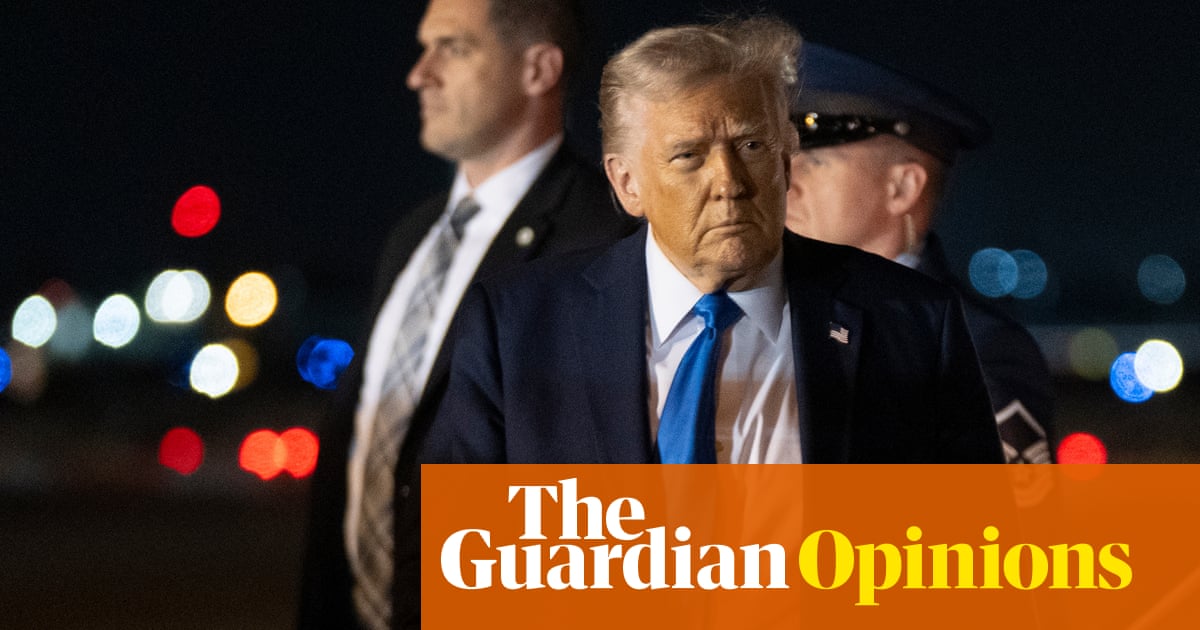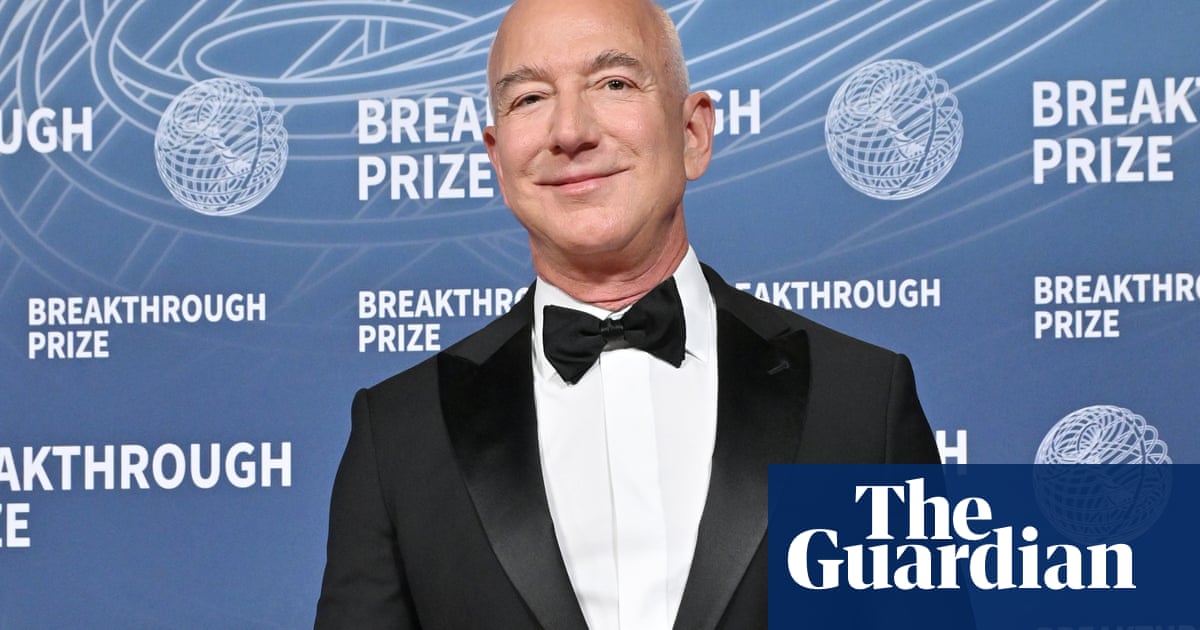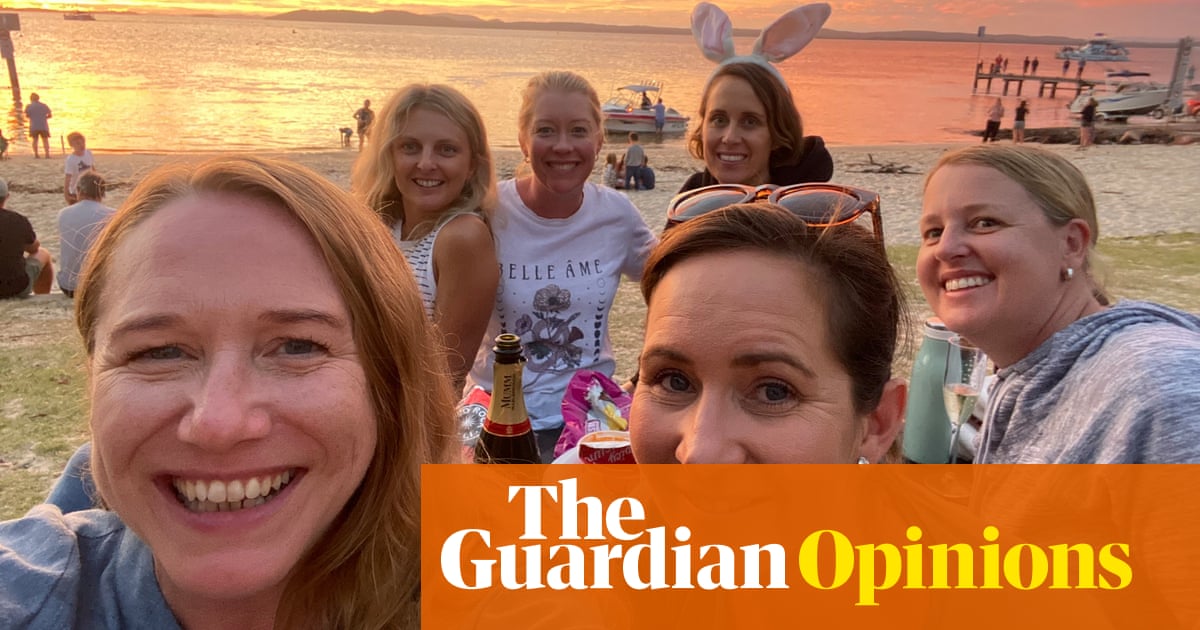If further confirmation was needed that the Peter Dutton-led Coalition would take Australia aggressively backwards on dealing with the climate crisis, his final election costings released on Thursday tell the story in black and white.
The Liberal and National parties plan to gut programs designed to cut emissions and help create green industries to give the country an industrial future as demand for fossil fuels falls. They also plan to ignore advice that Australian nature is in poor and deteriorating health and strip back already limited funding for environment programs.
On the evidence we have, they propose nothing to take their place. The sole climate-related idea on the table is a widely mocked plan to boost coal and gas-fired power for the next two decades and eventually build taxpayer-funded nuclear plants.
The Coalition optimistically claims two reactors could be in operation by the mid-2030s – an assertion based on a series of heroic assumptions, including that Dutton could pass legislation to lift a ban on nuclear energy in Australia and that reactors could be built faster and cheaper than has been possible in any comparable democracy. It’s a fantasy. Don’t believe me? Listen to the senior Coalition figures who have said so.
Dutton’s argument that the country should have a serious discussion about whether nuclear energy should be part of Australia’s zero emissions arsenal might have carried more weight if he were not so determined to kill off all programs designed to set up a future climate response.
The Coalition has promised to abolish tax credit programs to support the development of critical minerals, green hydrogen and green aluminium. It would cut tax breaks for electric vehicles and scrap a vehicle efficiency standard that requires auto companies to sell progressively cleaner cars. It would strip $1.7bn funding over the next four years from the Australian renewable energy agency, which provides grant funding for prospective clean technology. It would not back a Labor promise to drive a shift in electrification by subsidising home batteries.
It would also slow the rollout of large-scale solar and windfarms and batteries, in part by axing the rewiring the nation program to fund new and strengthened electricity transmission connections. It would abolish the Net Zero Economy Agency created to help communities – particularly in areas that are home to fossil fuel industries – adjust to changes ahead.
It’s possible some of these changes could be justified – not every government program is well targeted and rolled out. But to plan to dump them all, and offer nothing meaningful in their place, gives the game away.
The Coalition claims to want Australia to reach net zero emissions by 2050, but you can’t get there by just building a few nuclear reactors after 2040 – assuming that is even possible. It will be a challenging task, socially, politically and logistically, and demands a holistic plan to drive and harness changing practices across the economy and country.
Dutton pretends it will just happen. There is no evidence-based world in which this should be taken seriously.
It is not a given that Liberal-National governments have an anti-climate action platform. In NSW, a Coalition government introduced a nation-leading policy to underwrite and expand renewable energy that passed in 2020 with support from Labor and the Greens and was widely applauded. We can only imagine what might be possible if this cooperation happened nationally.
The federal Coalition’s position – backed by some of the country’s biggest media companies – has many side effects. Probably the biggest is that it keeps the centre of national debate away from the serious conversations that need to be had about the future.
Labor, still scarred by years of largely baseless scare campaigns suggesting doing anything on climate would wreck the economy, has done little more than stand still on climate at this election. It has released only one policy of note – the 30% subsidy for batteries for households and small businesses. Anthony Albanese also announced that if re-elected he hoped to host a “Pacific Cop” climate summit in Adelaide next year.
after newsletter promotion
But the big questions it will need to grapple with if re-elected have been ignored in campaign debate.
Labor plans to set a 2035 emissions reduction target by September. Preliminary advice from the Climate Change Authority, now chaired by former NSW Liberal minister Matt Kean, has suggested a range of 65%-75% below 2005 levels would be achievable.
The target’s announcement will be a big moment in setting the course of the economy for the next decade, and will demand new policies to meet it. The debate is likely to also lead to more thorny conversations about the future of Australia’s fossil fuel exports, which continue to increase. That these issues were not considered worthy of discussion in four televised leaders’ debates during the campaign is pretty extraordinary, to put it mildly.
While it hasn’t said much about it, the Albanese government was working before the election on a net zero plan, sector-by-sector economy decarbonisation plans and a domestically focused national climate risk assessment and an adaptation plan. It is also sitting on a long-finished report assessing the security risks related to the climate crisis.
These issues cannot be pushed aside for ever. Depending on where things end up after Saturday, a big part of the push for them to be properly addressed is likely to come from the parliamentary cross bench – the Greens and community-backed independents.
Having surprised nearly everyone with its historic surge at the 2022 election, famously increasing from 6 to 16 lower house MPs, it’s possible the cross bench doesn’t expand much this time, or even goes backwards. Many of the seats are tight contests.
But with the Climate 200 fundraising body having identified 35 campaigns as worthy of support, including in regional electorates where independents came from nowhere to nearly win last time, there is also a scenario in which a shift away from the established big parties becomes even more entrenched.
If that happens, it will mostly be towards individuals who want more focus on the issue, not less. We may come to think of this as a climate election after all.

 14 hours ago
8
14 hours ago
8

